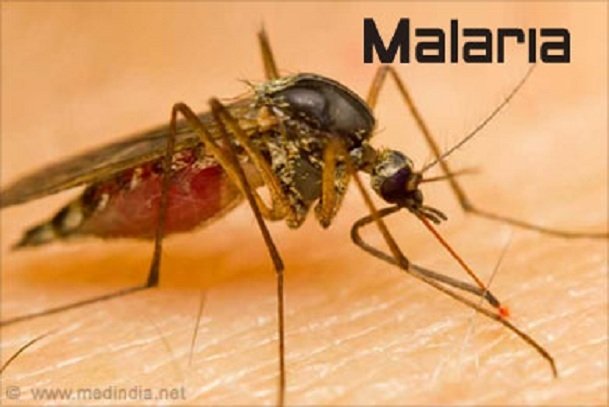 Wash your hands regularly and wear a face mask.
Learn more
Wash your hands regularly and wear a face mask.
Learn more

The Department for International Development has announced plans to invest N23.376 billion to enhance malaria elimination in six states in order to reduce the country’s high malaria burden.
At the start up meeting and launch of support to the Nigeria Malaria Programme-phase (SuNMap), the Chief Executive Officer of Malaria Consortium, Mr. Charles Nelson said that a total of one hundred and sixty five local government areas in six states of Lagos, Kaduna, Kano, Katsina, Jigawa, and Yobe will benefit from the program that will run from December 2018 to September 2024.
He stressed that the purpose of the project enhance the planning, financing and the delivery of sustainable and replicable pro-poor malaria services in supported states and too have improve availability of malaria commodities, more efficient and equitable malaria treatment and prevention service delivery.
Nelson added that the fund for the project was to be spread around implement activities, procurement, and evaluation to understand the effectiveness of the programme.
“There are clear targets within this for the states which we are working. The whole idea is to integrate malaria programme with everything else that goes on in health care because it is one of the most significant issue in health care. If we can reduce the burden of malaria significantly in the states, we see huge reduction in child mortality, which i think is critical. So for us it is about seeing first that no child die of malaria and then we can move towards elimination from the communities.”
The Minister of Health, Prof. Isaac Adewole noted that while some progress have been recorded in reducing the prevalence of the disease, available evidences show that malaria burden in Nigeria is still considerably high.
The minister who was represented by Mrs. Modupe Chukwuma said that Nigeria is still responsible for 25 percent of malaria cases recorded globally, adding that efforts to lessen this prevalence rate has been intensified since Nigeria committed to universal coverage of priority intervention in the last decade.
According to him, this programme was designed to further strengthen the modalities for malaria burden reduction through more efficient and effective use of available resources.
“The main targets are reduction in all cause of under five mortality rate from 128 in 2013 to 85 by 22 and reduction in proportion of children aged 6-59 months infected with malaria parasites from 27 per cent in 2015 to 16 per cent by 2022.” While commending the efforts being made by the development partners for their support, he urged them not to stop supporting the country in her quest to eliminate the disease.
Health- The Guardian